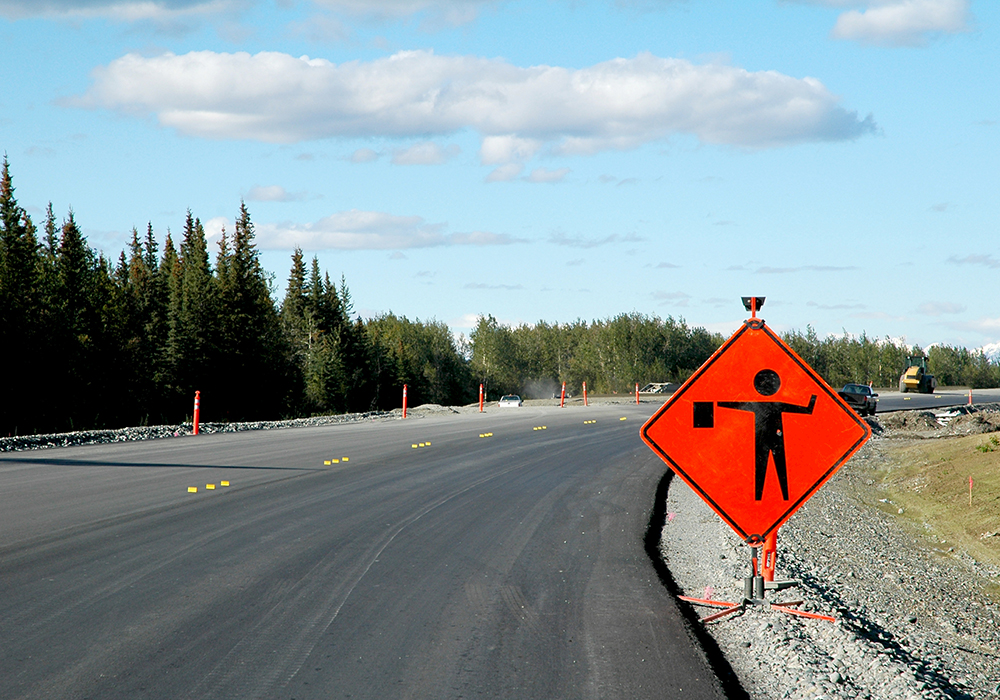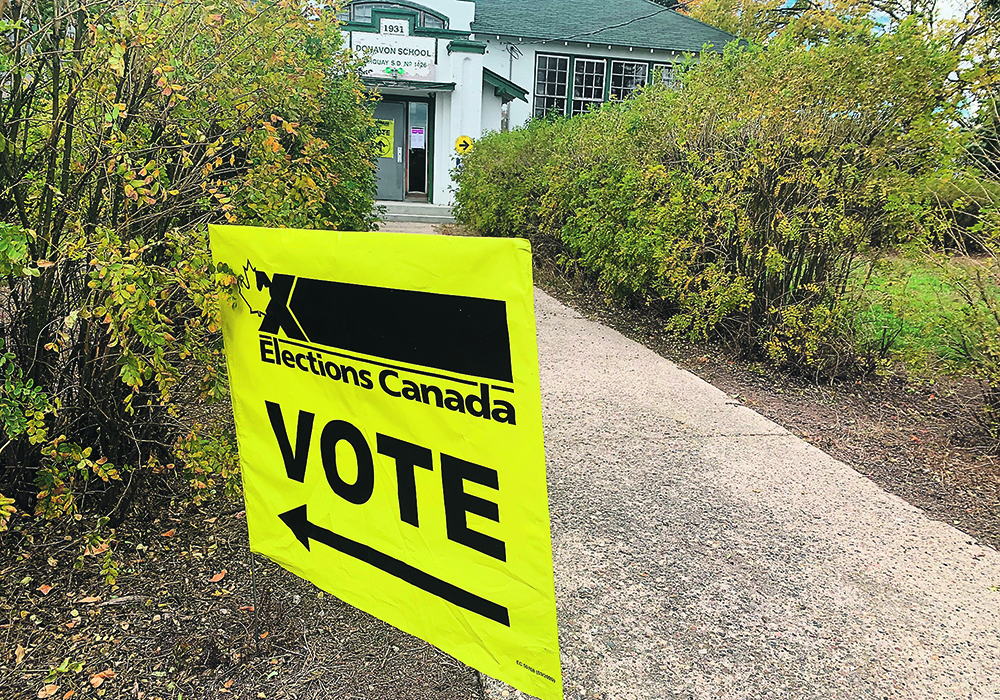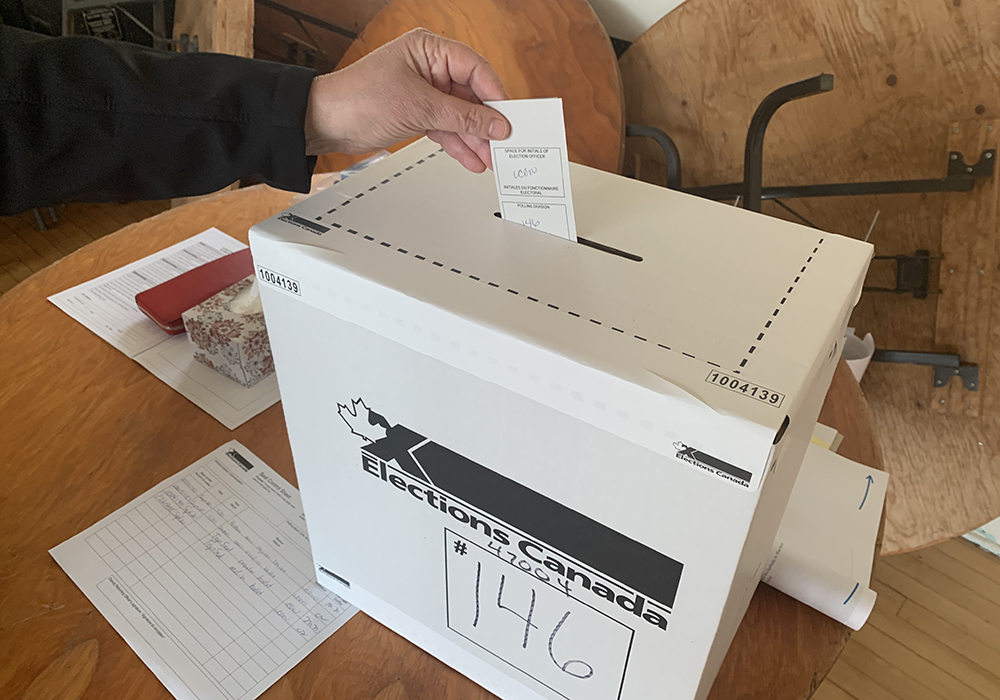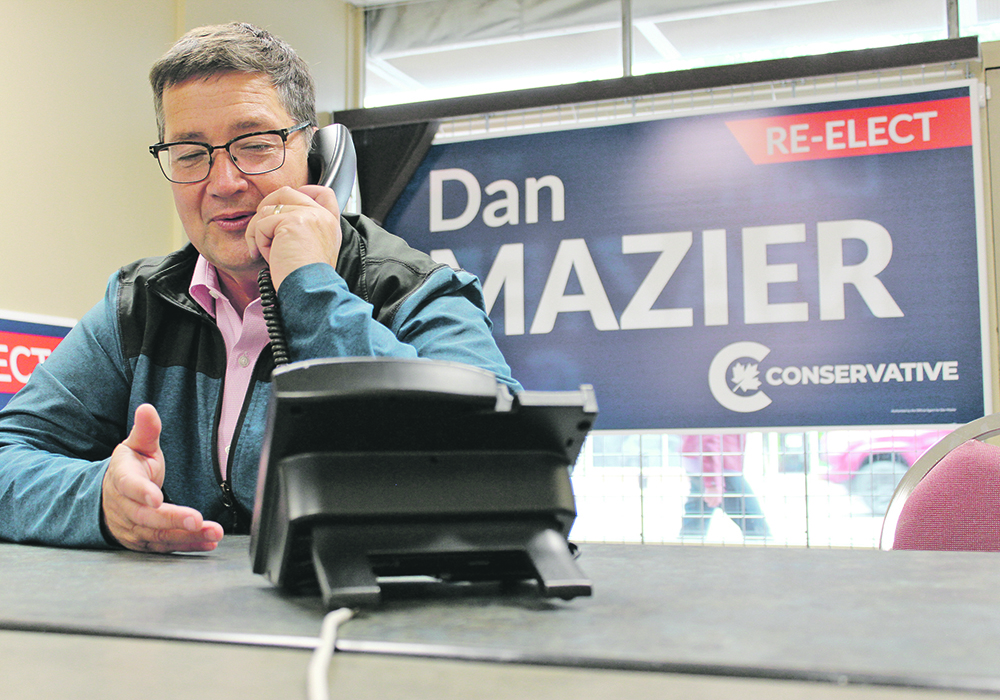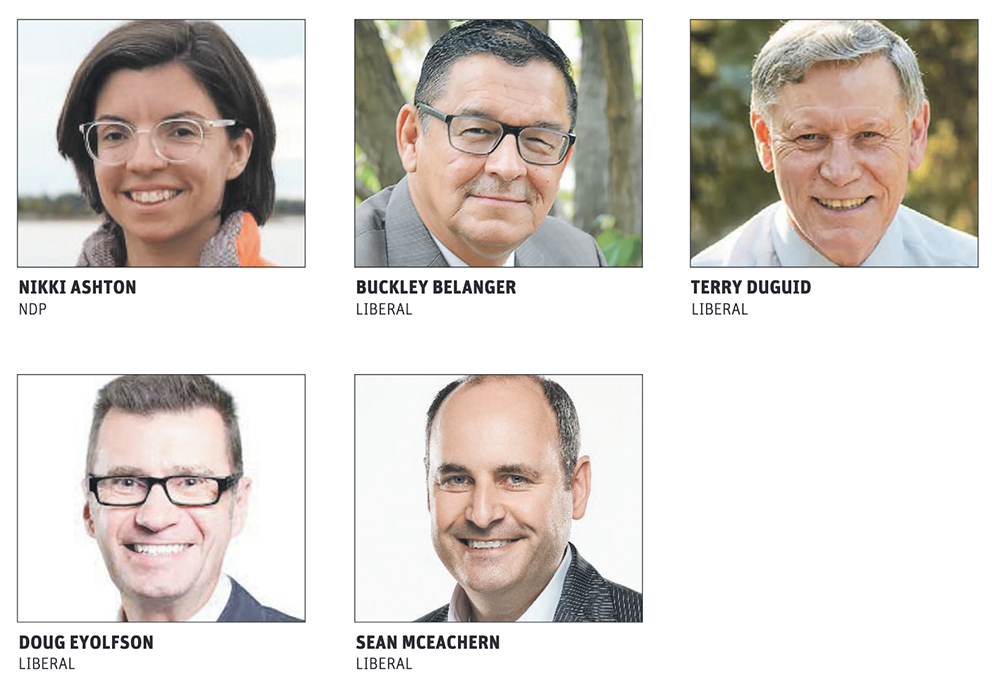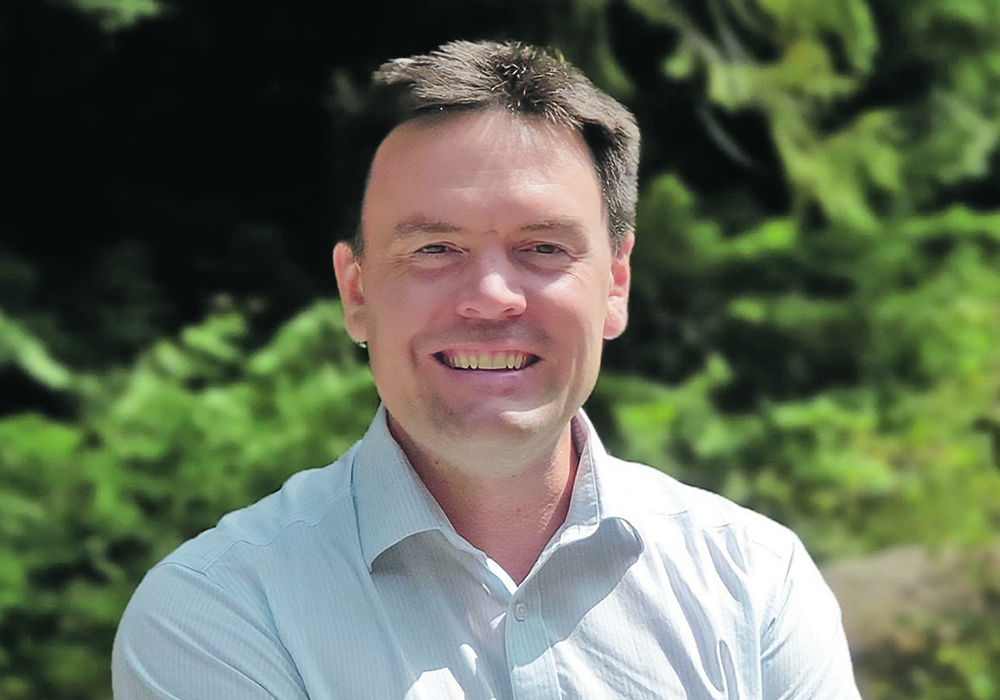Election ’21: Rural Municipalities of Alberta would like a national solution to funding shortfall for rural infrastructure
Rural leaders in Alberta worried about maintaining the viability of their municipalities are letting federal election candidates know they need to ensure a better future for voters including farmers.
Producers in the province have been hit by everything from drought to the loss of municipal oil and gas tax revenue that helps pay for roads relied on by farmers, said Paul McLauchlin, president of the Rural Municipalities of Alberta (RMA).
The organization plans to meet with the Alberta Rural Administrators’ Association to discuss the situation facing municipalities.
Read Also

Using artificial intelligence in agriculture starts with the right data
Good data is critical as the agriculture sector increasingly adopts new AI technology to drive efficiency, sustainability and trust across all levels of the value chain.
“The worst-case scenario I think would be dissolution of (a) municipality,” said McLauchlin.
“We’re not getting any indications that someone’s that distressed… but it does become that (problem of maintaining) viability, and dissolution of municipalities historically has been the worst-case scenario for a lot of the pieces that we’re talking about, so we want to stave that off.”
The RMA recently released federal election platform recommendations, which called on all federal parties to improve funding for rural infrastructure and broadband internet. Municipalities are also asking that producers get help with drought recovery, and that local leaders receive disaster mitigation and tools to deal with climate change.
McLauchlin announced in February that Alberta’s rural municipalities were collectively owed $245 million in unpaid property taxes from oil and gas companies, despite agreeing to tax breaks to help the province’s energy industry.
Municipalities depend on such revenue to manage about 75 percent of the province’s roads and about 60 percent of its bridges, he said in a recent interview. Producers need this infrastructure to get their products to market, making it essential to plans to diversify Alberta’s economy by strengthening agriculture, he added.
The RMA’s recommendations said a national solution is needed for the problem. “Rather than federal infrastructure funding programs that treat rural infrastructure as an afterthought, the Government of Canada should design a Canada-wide rural infrastructure funding program that supports investment in core infrastructure such as roads and bridges while also allowing rural communities to invest in innovative capital projects that work in a rural setting.”
Other recommendations include ensuring the federal Universal Broadband Fund focuses on underserviced areas with the lowest internet speeds, rather than overrepresenting rural areas that are already being served.
Although the Alberta government recently announced it will provide up to $150 million to expand and improve broadband internet in rural, remote and Indigenous communities, the full cost is expected to total about $1 billion.
“Supporting (policy changes and increased funding) at a federal level will allow for rural Alberta to continue to be an economic engine while making room for future internet usage such as telehealth, connected agriculture, and working and learning from home,” said the platform recommendations.


